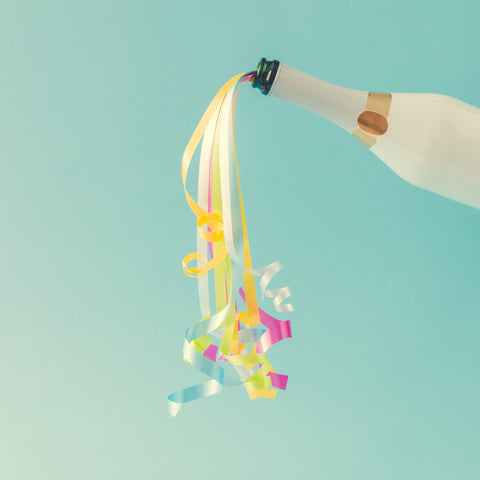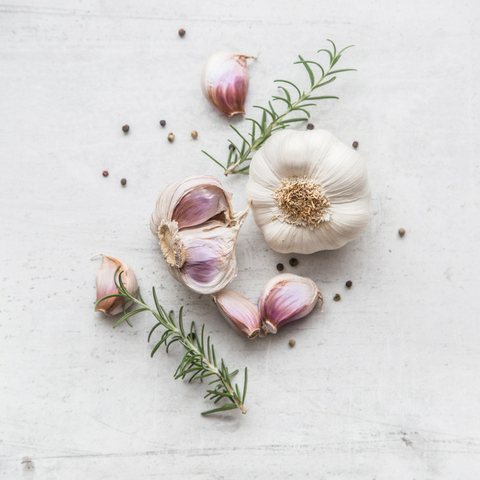Sometimes, you’ve got to come at things from a different angle. So, we thought instead of talking about how you can protect your teeth, we’d discuss the best ways to ruin them. Yep, that’s right. We’re going to list some of the top five most enamelmelting, tooth shattering habits you have. Best of all, you’re unlikely to have know that they’re damaging. You might have thought they were benign habits, or even best practises.
Prepare to have your world turned upside down...
Drinking Alcohol
We’ve all been told, time and time again (to an almost unbearable extent), that drinking fizzy drinks erode and damage teeth. We’re not going to argue against the fact. But we do think that alcohol gets off a bit lightly.
Alcoholic drinks are often highly acidic. Think about all that cider and malibu & orange you drink. Okay maybe the malibu and orange is just me, but I digress. Wine is particularly bad, as it comes from grapes, which are acidic fruits. That’s bad for news for wine connoisseurs, who tend to enjoy swirling the drink in their mouths. We also heard on the grape vine that Italian wine is better for your teeth than French wine, apparently because their grapes are less acidic.
Oh, and don’t forget about what happens when you over do it. Vomiting brings up all that hydrochloric acid, which is highly, um, acidic. So if you want to protect your teeth, you might want to consider curbing your wild side.
Swimming
If you swim in a pool often, you may find that you’re doing harm to your teeth. The chemicals that are put into swimming pools, particularly chlorine, are linked to enamel erosion. Both the American Journal of Dentistry and The Journal of the Canadian Dental Association report that swimming in a pool with a high chlorine content for just 34 weeks can cause a rapid increase in dental erosion and sensitivity. If you accidentally swallow the water, you might find that you’re exposing your teeth to harmful, chemical choked water.
Our expert advice? Keep your mouth closed at all times, or swim in the sea.
Eating Fruit
Fruit is extremely acidic food, and is particularly harmful to teeth. It’s packed full of sugar which bacteria in turn feeds on, producing acid as waste. That acid then leads to erosion.
This leaves people in a bit of a sticky situation. Your doctor’s telling you to have five a day, but your dentist is saying the opposite. So, our advice is to try and group your fruit consumption into sessions in order to minimise the adverse effects. In addition, drinking water and eating foods with neutralising qualities, such as cheese, can help reduce the negative implications on your teeth. It’s not perfect, but it’s a fair compromise on both sides.
Brushing Right After Eating
It’s most people’s habit to brush after eating. It’s a routine that’s been drilled into you from a young age, and it just feels like the right time to do it. Contrary to this, brushing your teeth straight after eating a meal can damage your teeth. It’s actually one of the most common ways people go wrong. When you consume food, the acid weakens the enamel on your teeth, and so cleaning your teeth might result in brushing away more than you bargained for.
You should brush either right before eating, or a good hour after eating. For most, brushing before breakfast is more practical, as few have time to hang around for an hour before leaving for work. The evenings are a lot easier for most, as brushing 12 hours after eating is quite feasible.
Taking Medication
When taking medication, your mouth becomes more dry. Ever had that cottonmouth feeling? Well, that’s the feeling you get when all the saliva in your mouth dries up, and it can be potentially hazardous as it leaves your teeth more susceptible to enamel erosion. The result is potential cavities and gum problems. If you’re taking medication on a regularly basis, you may consider asking your doctor for a medication that encourages the product of saliva. If they’re unable to provide this, make sure you keep a bottle of water on you at all times to keep your mouth hydrated.



Comments (0)
There are no comments for this article. Be the first one to leave a message!